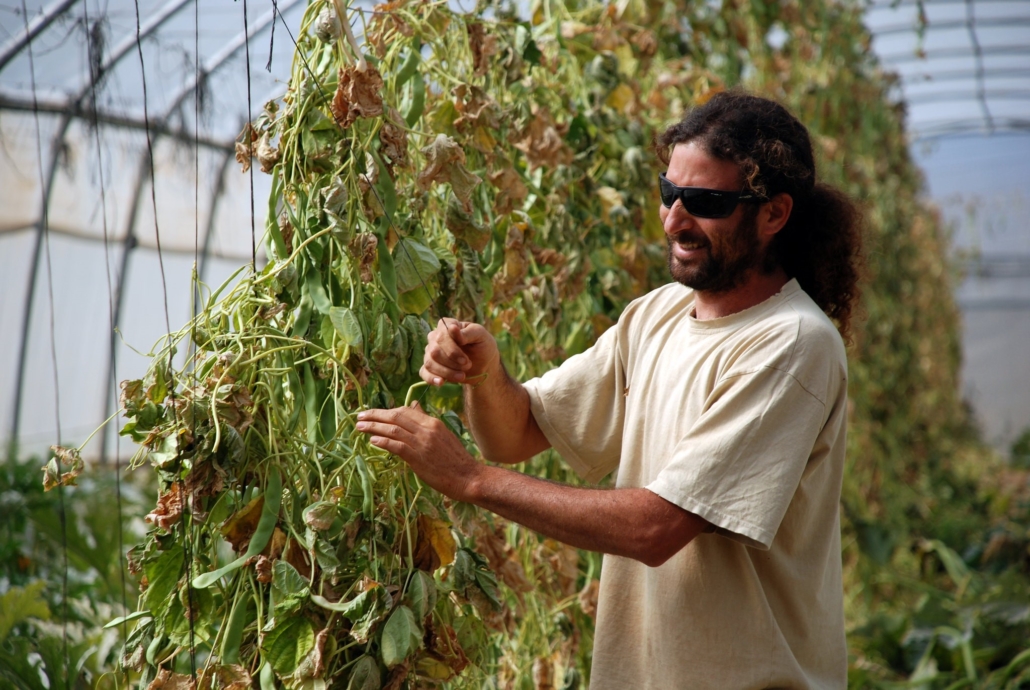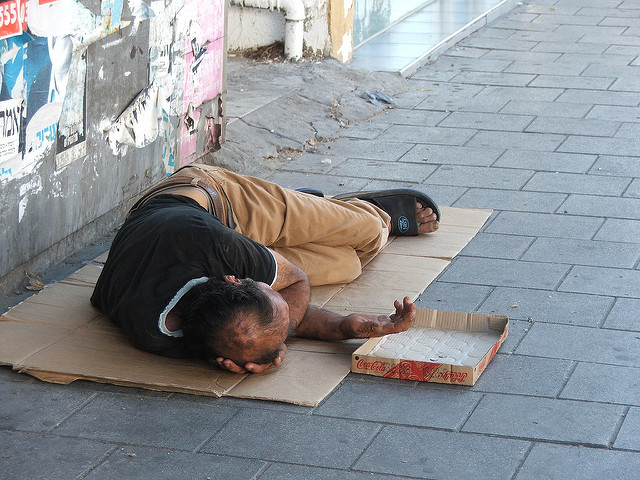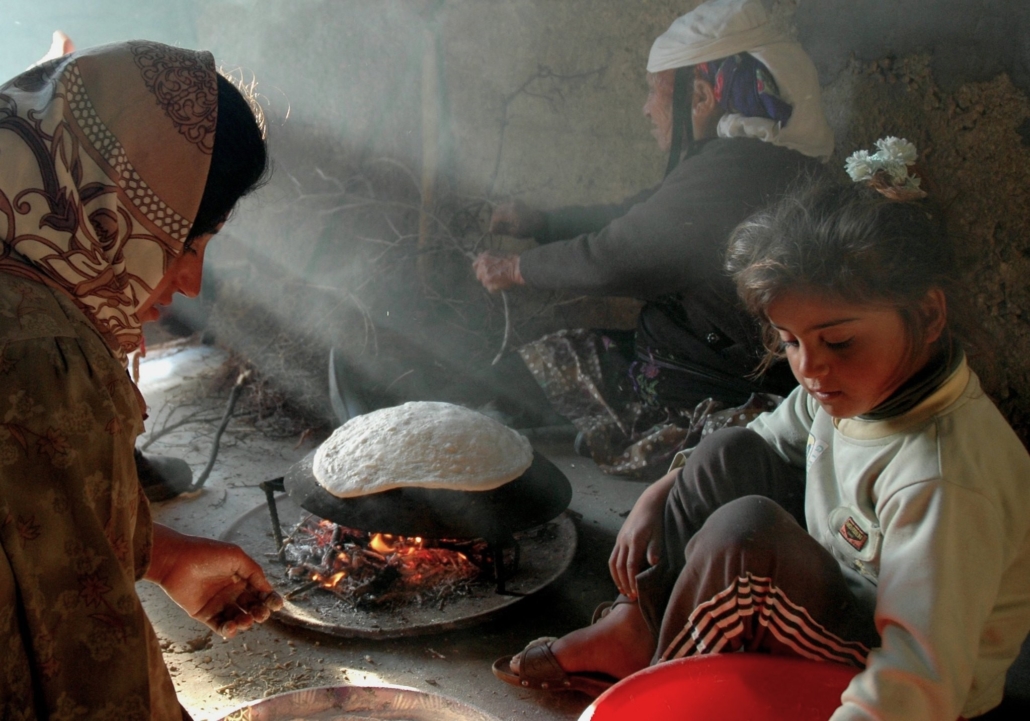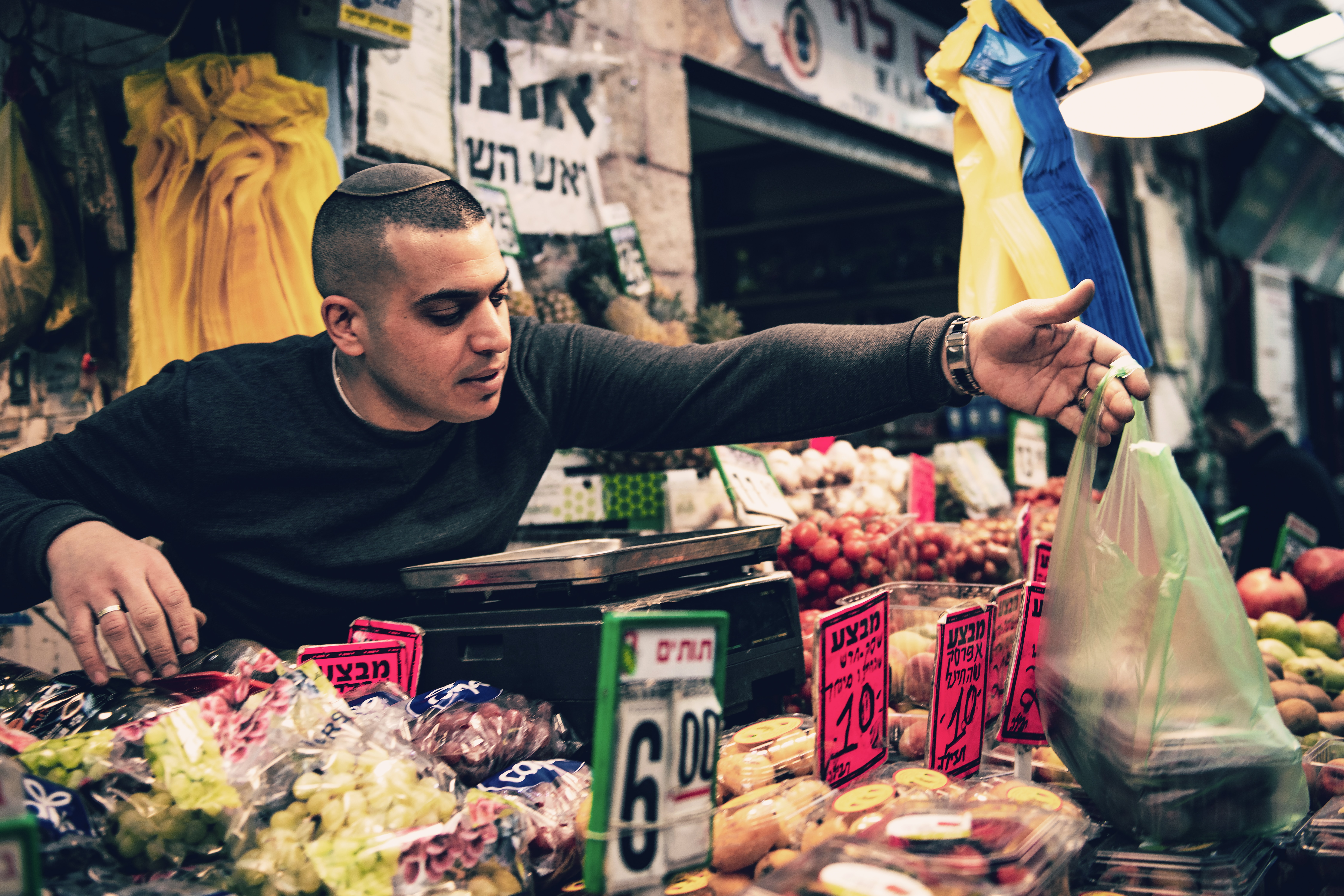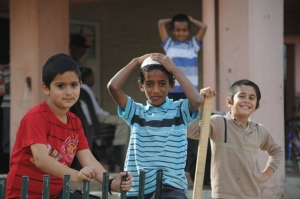
While some might question whether there is poverty in Israel, according to a report released in 2021 by Israel’s National Insurance Institute, about 21% of Israelis are poor. The report considered a poor person as one who earned less than $900 a month, which is less than the median income in the country. In fact, as of 2021, only six countries in the Organization for Economic Cooperation and Development (OECD) have a higher poverty level. Luckily, a number of organizations within the country are combating poverty in Israel.
Ongoing and Escalating Israeli Poverty
Unfortunately, these issues are nothing new. John Gal, the chair of the Welfare Policy Program at the Taub Center and professor at the Hebrew University of Jerusalem states, “Our policies don’t really deal very adequately with poverty. We spend less on social welfare than most other welfare states and the benefits and the assistance that these people are getting is not enough to push them above the poverty line.”
Most of the citizens trapped below the poverty line belong to families with at least five children. These include Ultra-Orthodox Jews and Arabs. As of December 2021, 932,000 Israeli households are below the poverty line. Also, 2.5 million citizens live in poverty and 1.1 million of those citizens are children.
The report also addressed how COVID-19 escalated poverty in Israel. The number of middle-class Israelis decreased by 10% between 2020 and 2021. Further, of the 932,000 households in economic distress, more than 300,000 of them joined those ranks in 2021 due to the effects of the pandemic.
Beyond Poverty
Moreover, poverty is not the only issue that Israeli children are currently dealing with. According to the Jerusalem Post, there has been a staggering 43% spike in children who are suicidal. Further, depression debilitates 39% of those children. COVID-19’s long-lasting effects on the education system account for these spikes.
Organizations Combating Poverty in Israel
Fortunately, there are numerous organizations supporting pandemic recovery and combatting ongoing poverty. Two are Pitchon-Lev and Latet.
Pitchon-Lev is an apolitical non-governmental organization (NGO), founded in 1998, that focuses on breaking the cycle of intergenerational poverty in Israel. In 2004, it launched its educational project. That project promotes leadership and personal empowerment through two programs. Project seven mentors students through three years of high school, three years of military service and one year of civilian life. On the other hand, the TAVOR program is short-term and intense. In the most recent school year, 400 new students joined the program and a total of 27 programs are in operation throughout the country.
Latet is the largest Israeli NGO combating poverty and food insecurity. The word “Latet” means “to give.” Established to reduce poverty, as well as to promote a more just society, Latet provides assistance to needy populations. Latet annually supports 60,000 families by running the top national food bank and by working with 180 neighborhood groups. Latet Youth began with the goal of educating Israeli youth on the benefits of volunteerism and social solidarity. It focuses on at-risk youth and brings together youth from diverse backgrounds: Jews, Bedouins and Druze.
Even though ongoing and escalating poverty plague this beautiful country, thankfully there are strong NGOs combating poverty in Israel.
– Austin Hughes
Photo: Wikimedia Commons
